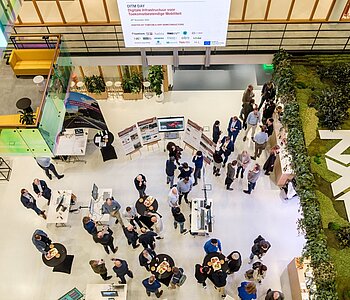News
6
minutes reading time
27 Feb 2026
Four regions, one mission: attracting, training and retaining talent for the semiconductor sector
Four regions are collaborating to attract talent to the semiconductor sector. Discover how the Beethoven Talent Programme focuses on recruitment, training, and retention.
![[Translate to English:] [Translate to English:]](/fileadmin/_processed_/7/e/csm_regio-coordinatoren-Beethoven-op-loopbrug_februari_2026_da51b9b3dc.jpg)
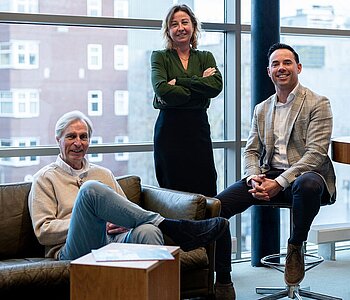
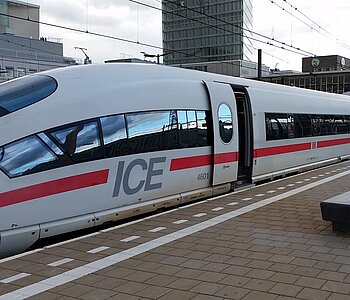
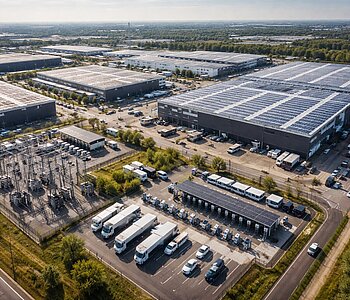
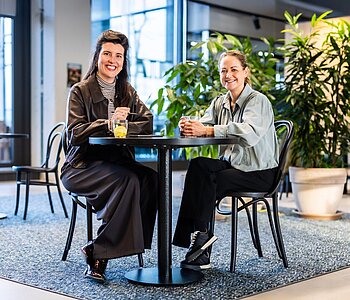
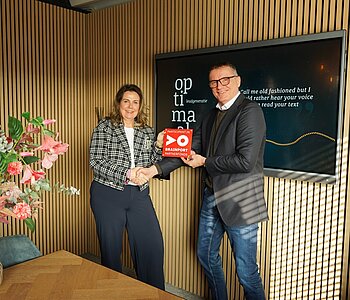
![[Translate to English:] [Translate to English:]](/fileadmin/_processed_/8/e/csm_Robidus_Partnerfonds_214eff6352.jpg)
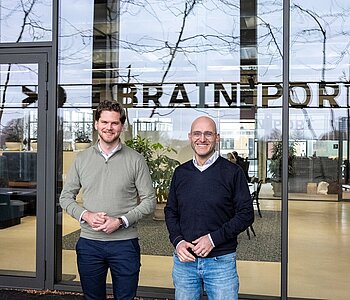
![[Translate to English:] [Translate to English:]](/fileadmin/_processed_/3/5/csm_BvE_interview_Yuverta_100ste_lid_b56c491c7d.jpg)
![[Translate to English:] [Translate to English:]](/fileadmin/_processed_/f/4/csm_Vebego-partnerfonds-2-2_bc48f65eba.jpg)
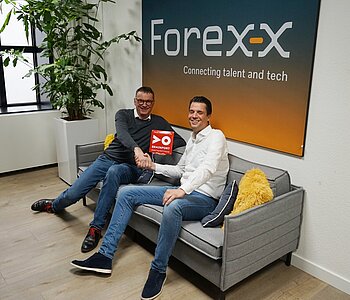
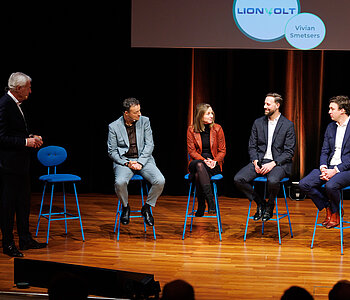

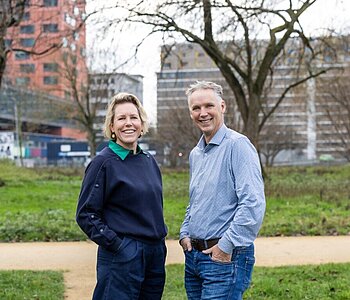
![[Translate to English:] [Translate to English:]](/fileadmin/_processed_/f/9/csm_MedTech_Groeiplan__2025-1_a2283cfe71.jpg)

![[Translate to English:] [Translate to English:]](/fileadmin/_processed_/8/a/csm_Wasbeer_Pauw_BrainportPartnerfonds_3ae6fa9b23.jpg)
![[Translate to English:] [Translate to English:]](/fileadmin/_processed_/4/c/csm_Zorginnovatieprijs_f2706cda10.jpg)
